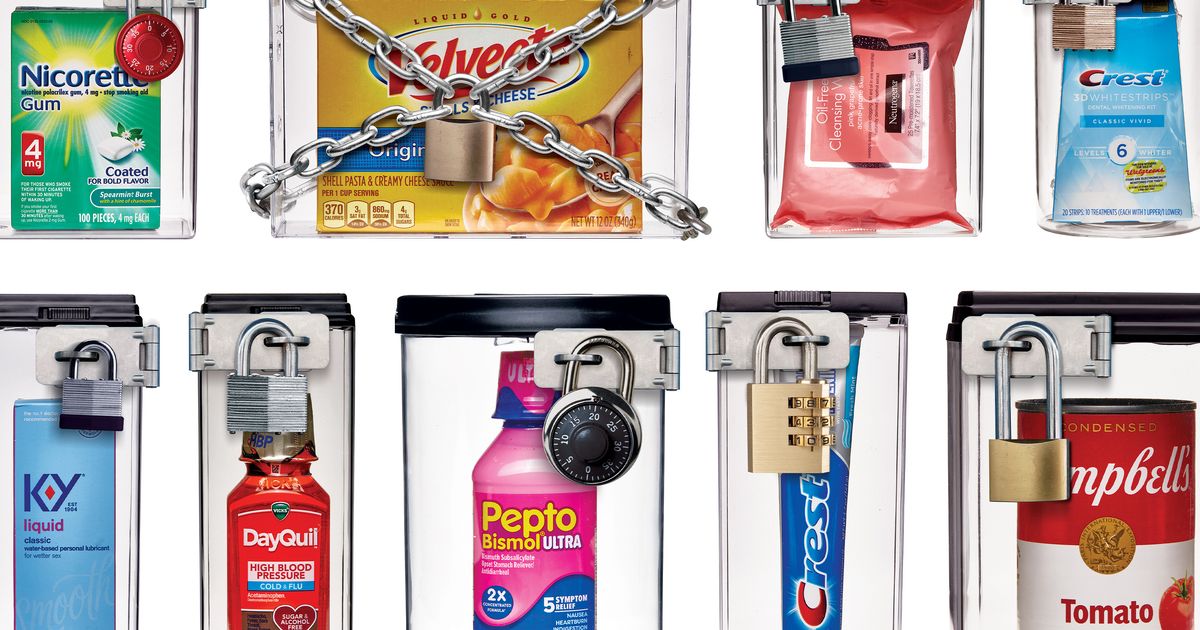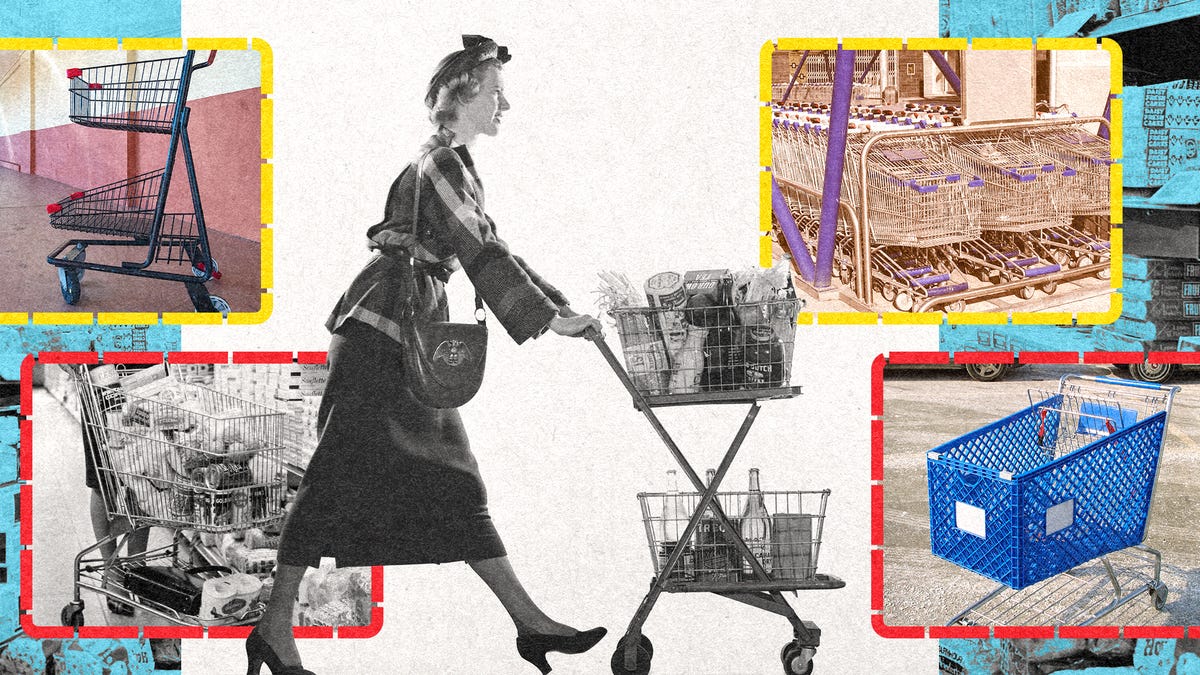- the filing drawer
- Posts
- Unstable Diffusion
Unstable Diffusion
The Lawsuit that Could Change a Lot
*quick note — we have a new name! i think this is much better for what i want this newsletter to be. i hope you enjoy it*
hi,
right now i'm really into the lawsuits that are popping up challenging AI tools like ChatGPT or DALL-E. i think you should be too, so let's talk about it.
the way these AI generators work is by taking a TON of content, looking at it to try and find rules or patterns, and then spitting out what the AI believes to be the "right" answer based on whatever prompt you give it. but how does it learn? the answer is through what is called training data. fortunately, the terminology is pretty easy here.
where are developers finding that training data? clearly they aren't spending hours and hours writing or creating art — so what are they to do?
the answer is the reason for these lawsuits; they go out and get as much text/art as possible, usually by scraping the web for it. almost always, they aren't paying for the text/art, just taking it.
then the AI learns a lot of rules, and gets much better at coming up with 'evil kittens who are beginning to take over the world using sticky notes.'

the thing is, these models aren't storing the text/art within any database — just the mathematical representation of patterns generated.
Point being, I'm not sure if these cases have merit — at what point is art stolen vs. being derivative or even 'inspired'? and are these mathematical equations art? and can those equations be a copyright violation? from what i've read, it looks like these issues will have to be argued and decided in court — but for now, it's just cool to think about.
speaking of, i have some cool articles for you, and I'm going to try and embed them just to make it more fun:
and finally, an article that brought me too much joy:
y'all have a good one,
-zev
p.s. this newsletter has grown a lot recently — please forward this along if you're feeling generous and think someone would gain a bit out of it.




